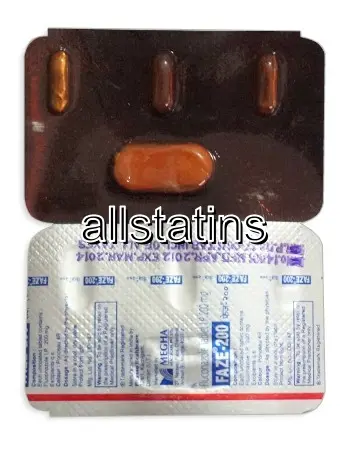| Package | Dosage | Price | Price per Dose | |
|---|---|---|---|---|
| Dosage: 50mg | ||||
| 180 pill | 50mg | $383.90 | $2.13 | |
| 120 pill | 50mg | $269.08 | $2.24 | |
| 90 pill | 50mg | $224.23 | $2.49 | |
| 60 pill | 50mg | $157.85 | $2.62 | |
| 30 pill | 50mg | $96.86 | $3.21 | |
| 10 pill | 50mg | $37.66 | $3.77 | |
| Dosage: 100mg | ||||
| 180 pill | 100mg | $687.08 | $3.82 | |
| 120 pill | 100mg | $462.83 | $3.86 | |
| 90 pill | 100mg | $364.16 | $4.05 | |
| 60 pill | 100mg | $288.82 | $4.81 | |
| 30 pill | 100mg | $150.68 | $5.02 | |
| 10 pill | 100mg | $57.39 | $5.74 | |
| Dosage: 150mg | ||||
| 180 pill | 150mg | $600.97 | $3.34 | |
| 120 pill | 150mg | $421.57 | $3.52 | |
| 90 pill | 150mg | $342.64 | $3.80 | |
| 60 pill | 150mg | $251.14 | $4.20 | |
| 30 pill | 150mg | $143.50 | $4.77 | |
| 20 pill | 150mg | $100.45 | $5.06 | |
| 10 pill | 150mg | $53.80 | $5.40 | |
| Dosage: 200mg | ||||
| 180 pill | 200mg | $877.25 | $4.88 | |
| 120 pill | 200mg | $615.32 | $5.13 | |
| 90 pill | 200mg | $513.07 | $5.70 | |
| 60 pill | 200mg | $362.37 | $6.03 | |
| 30 pill | 200mg | $224.23 | $7.45 | |
| 10 pill | 200mg | $80.71 | $8.07 | |

Fluconazole Description
Introduction to Fluconazole
Fluconazole is a widely used antifungal medication that belongs to the azole class of drugs. It is commonly prescribed to treat various fungal infections, including oropharyngeal and esophageal candidiasis, as well as systemic infections caused by susceptible fungi. Its effectiveness, ease of use, and relatively low side effect profile have made it a popular choice among healthcare providers and patients alike.
Mechanism of Action
Fluconazole works by inhibiting an enzyme called lanosterol 14α-demethylase, which is essential for the synthesis of ergosterol – a key component of fungal cell membranes. By disrupting ergosterol production, the drug compromises the integrity of the fungal cell membrane, leading to increased permeability and ultimately, fungal cell death. This selective targeting makes fluconazole effective against fungi while generally sparing human cells from adverse effects.
Uses and Therapeutic Indications
This medication is primarily indicated for treating candidiasis, including thrush and vaginal yeast infections. It is also used for prophylaxis in immunocompromised patients to prevent fungal infections and for treating cryptococcal meningitis. Its broad spectrum of activity extends to other fungal pathogens, making it a versatile option in antifungal therapy.
Dosage and Administration
Fluconazole is available in various forms, such as tablets, suspension, and intravenous formulations. The dosing depends on the type and severity of the infection, as well as patient-specific factors like age, weight, and kidney function. Typically, adults take a single dose for uncomplicated vaginal candidiasis, while more severe infections require a longer course of treatment. It is crucial to adhere strictly to the prescribed dosage and schedule provided by a healthcare professional.
Potential Side Effects
Most users tolerate fluconazole well, but like all medications, it can cause side effects. Common reactions include headache, nausea, abdominal pain, and rash. Serious but rare adverse effects may involve liver toxicity, allergic reactions, and QT prolongation, which can lead to heart rhythm abnormalities. Patients with pre-existing liver conditions or those on other medications should inform their healthcare provider before starting treatment.
Precautions and Interactions
Before using fluconazole, it is important to discuss any other medications you are taking, as it can interact with drugs like warfarin, certain antidepressants, and other antifungals. These interactions can enhance toxicity or reduce effectiveness. Additionally, standard precautions include monitoring liver function during prolonged therapy and avoiding use in pregnant or breastfeeding women unless clearly advised by a healthcare professional.
Summary and Final Thoughts
Fluconazole remains a reliable and effective antifungal agent for a variety of infections. Its ease of use, oral bioavailability, and broad spectrum of activity make it a valuable medication in both hospital and outpatient settings. However, awareness of potential side effects and drug interactions is essential to ensure safe and effective treatment. Always consult with a healthcare provider to determine the appropriate use and dosage for your specific condition.
